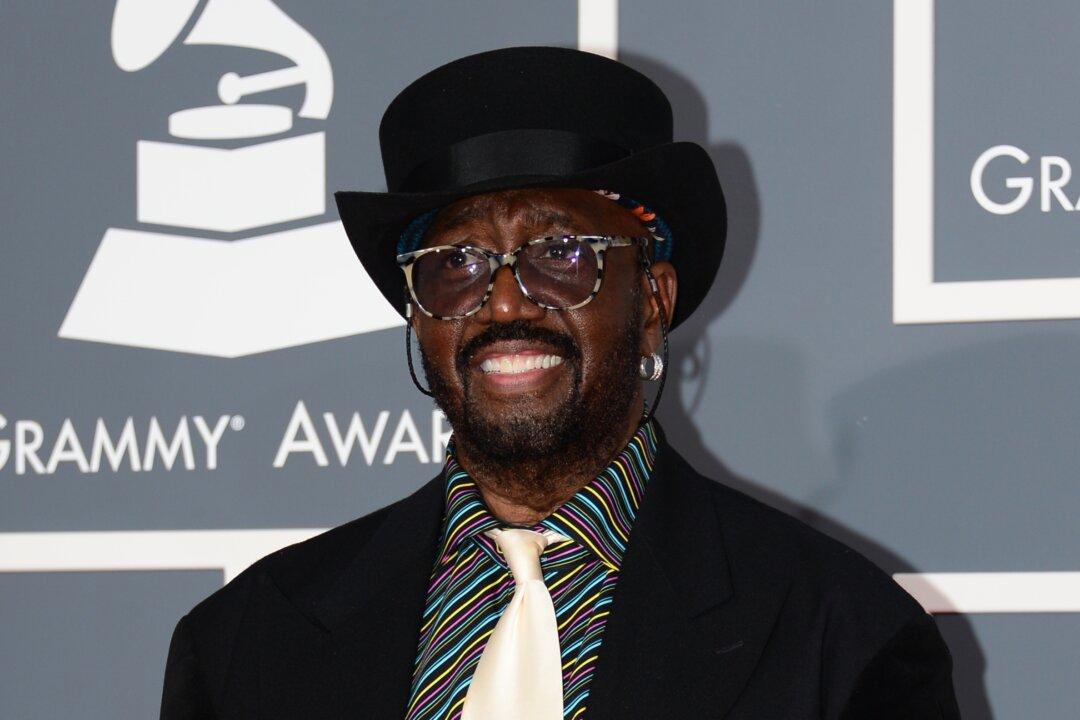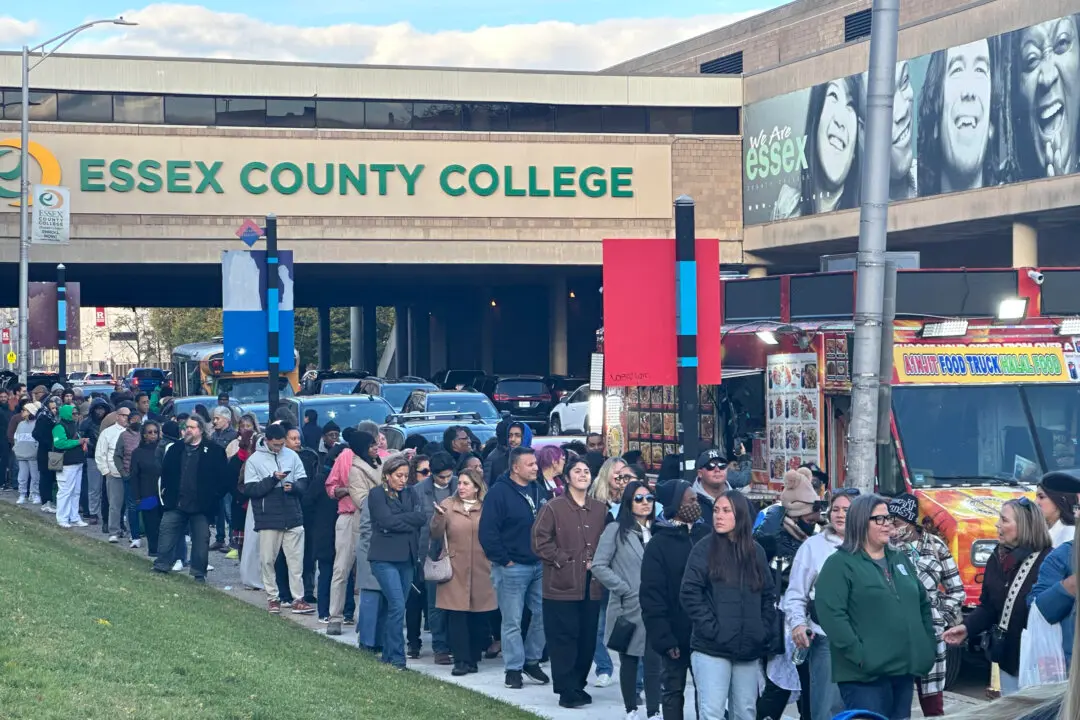A founding member of the Temptations is unimpressed with the explicit music and sexual behavior of many of today’s performers.
“I’m hearing a lot of degrading language,” Otis Williams told Fox News Digital. “I believe in freedom of speech, but it’s very reflective of where we are as a society today ... You shouldn’t be hearing cussing on the radio.”





